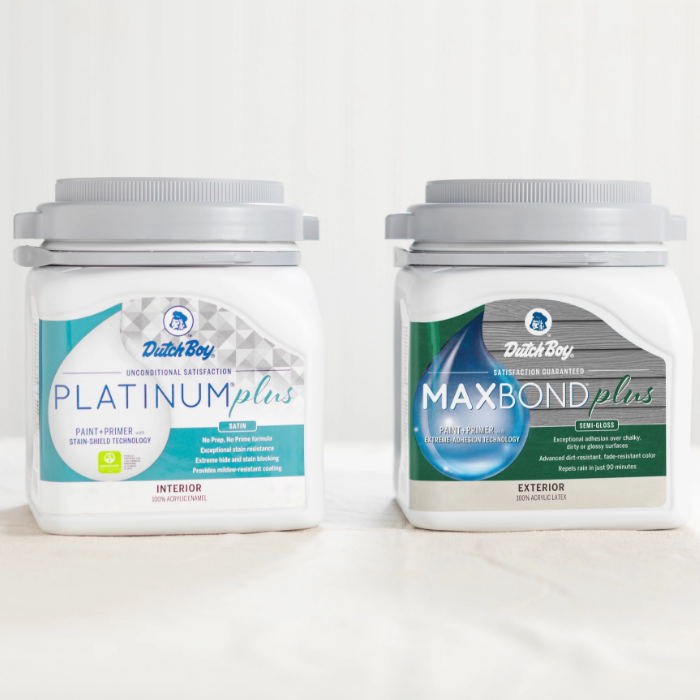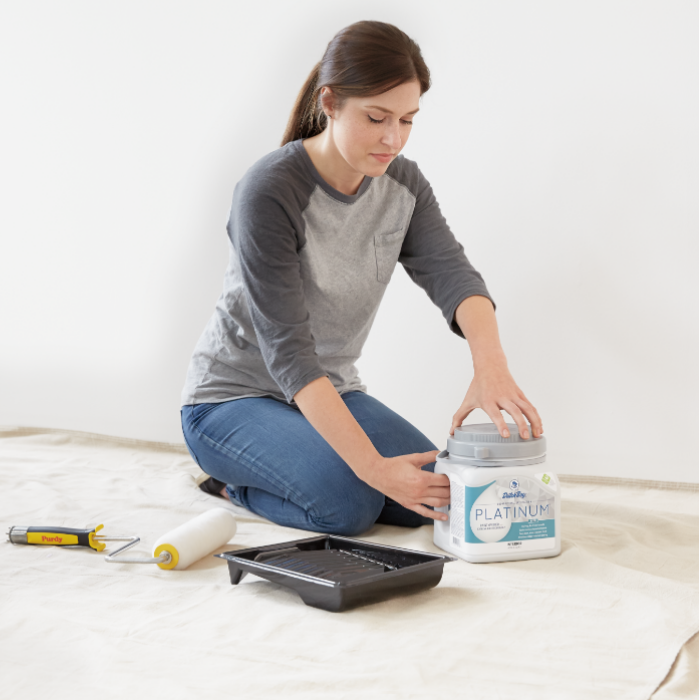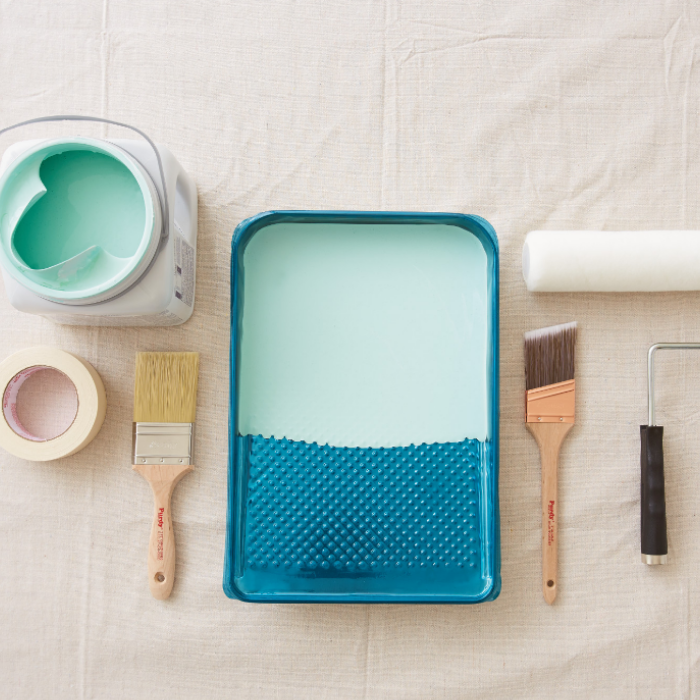WARNING
Removal of old finishes by sanding, scraping or other means may generate dust or fumes that contain lead. Exposure to lead dust or fumes may cause brain damage or other adverse health effects, especially in children or pregnant women. Controlling exposure to lead or other hazardous substances requires the use of proper protective equipment, such as a properly fitted respirator (NIOSH-approved) and proper containment and cleanup. For more information, call the National Lead Information Center at 1-800-424-LEAD (in the U.S.) or contact your local health authority.


